Do I Have to Wear a CPAP if I Have Sleep Apnea?
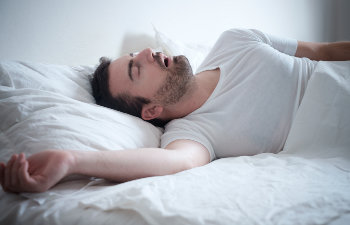
Sleep apnea is a common yet serious sleep disorder that affects millions of people worldwide. The condition is characterized by repeated interruptions in breathing during sleep, leading to poor sleep quality and a host of other health problems. While Continuous Positive Airway Pressure (CPAP) therapy is often recommended as a standard treatment, many patients find it cumbersome and uncomfortable. Fortunately, there is an alternative: oral appliance therapy, a solution offered by Dr. Wayne Suway.
Understanding Sleep Apnea and Its Risks
Sleep apnea comes in two main forms: obstructive sleep apnea (OSA) and central sleep apnea (CSA). OSA, the more common type, occurs when the muscles in the throat relax excessively during sleep, causing a blockage of the airway. CSA, on the other hand, involves the brain failing to send proper signals to the muscles that control breathing. Both types can lead to significant health issues, including:
- Daytime Fatigue: Poor sleep quality can cause excessive daytime sleepiness, affecting work performance and increasing the risk of accidents.
- Cardiovascular Problems: Sleep apnea is linked to high blood pressure, heart disease, and stroke.
- Metabolic Issues: It can contribute to weight gain and type 2 diabetes.
- Mood Disorders: Sleep apnea can exacerbate anxiety, depression, and irritability.
The Challenges of CPAP Therapy
CPAP therapy is a common and effective treatment for sleep apnea. It involves wearing a mask connected to a machine that provides a steady stream of air to keep the airways open during sleep. Despite its effectiveness, many patients struggle with CPAP for several reasons:
- Discomfort: The mask can be uncomfortable, especially for those not used to wearing anything on their face while sleeping.
- Noise: The machine can be noisy, disrupting both the patient’s and their partner’s sleep.
- Inconvenience: Traveling with a CPAP machine can be cumbersome, and maintaining the equipment requires regular cleaning and care.
- Compliance: Many patients find it difficult to adhere to CPAP therapy, reducing its overall effectiveness.
Oral Appliance Therapy: A Comfortable Alternative
For those who cannot tolerate CPAP, oral appliance therapy offers a viable and comfortable alternative. Dr. Wayne Suway specializes in this treatment, which involves wearing a custom-made oral device that fits like a sports mouthguard or orthodontic retainer. Here’s why oral appliance therapy might be the right choice for you:
How Oral Appliances Work
- Positioning the Jaw: The device repositions the lower jaw and tongue to keep the airway open during sleep.
- Comfort: Custom-made to fit your mouth, these devices are generally more comfortable than CPAP masks.
- Portability: Oral appliances are small, discreet, and easy to travel with, making them convenient for patients on the go.
- Ease of Use: Unlike CPAP machines, oral appliances require minimal maintenance and are simple to use.
Effectiveness and Benefits
Oral appliance therapy is particularly effective for patients with mild to moderate obstructive sleep apnea. Some benefits include:
- Improved Sleep Quality: By maintaining an open airway, oral appliances reduce apnea episodes, leading to better sleep quality.
- Increased Compliance: Patients are more likely to consistently use oral appliances due to their comfort and convenience.
- Reduced Health Risks: Effective treatment of sleep apnea reduces the risk of associated health problems like heart disease and diabetes.
- Non-Invasive: Oral appliances are non-invasive and reversible, offering a safe alternative to surgical treatments.
Is Oral Appliance Therapy Right for You?
Determining the best treatment for sleep apnea involves a thorough evaluation by a qualified professional. Dr. Wayne Suway conducts comprehensive assessments to ensure that oral appliance therapy is suitable for your specific condition. The process includes:
- Sleep Study Review: Examining the results of your sleep study to understand the severity of your sleep apnea.
- Oral Examination: Evaluating your oral and dental health to design a custom-fit appliance.
- Follow-Up Care: Regular follow-ups to adjust the appliance and monitor your progress, ensuring optimal results.
Contact a Sleep Dentist in Marietta
While CPAP therapy is a common treatment for sleep apnea, it is not the only option. Oral appliance therapy, offered by Dr. Wayne Suway, provides a comfortable and effective alternative for many patients. By choosing this treatment, you can enjoy improved sleep quality and better overall health without the challenges associated with CPAP.
Ready to improve your sleep and overall health? Contact Dr. Wayne Suway to learn more about oral appliance therapy for sleep apnea. Schedule your consultation today and take the first step towards a better night’s sleep.
Posted on behalf of
1820 The Exchange SE, #600
Atlanta, GA 30339
Phone: (770) 953-1752
FAX: (770) 953-6470
Mon - Thu: 8:30 AM – 5:30 PMClosed for lunch: 12:30 PM - 1:30 PM


